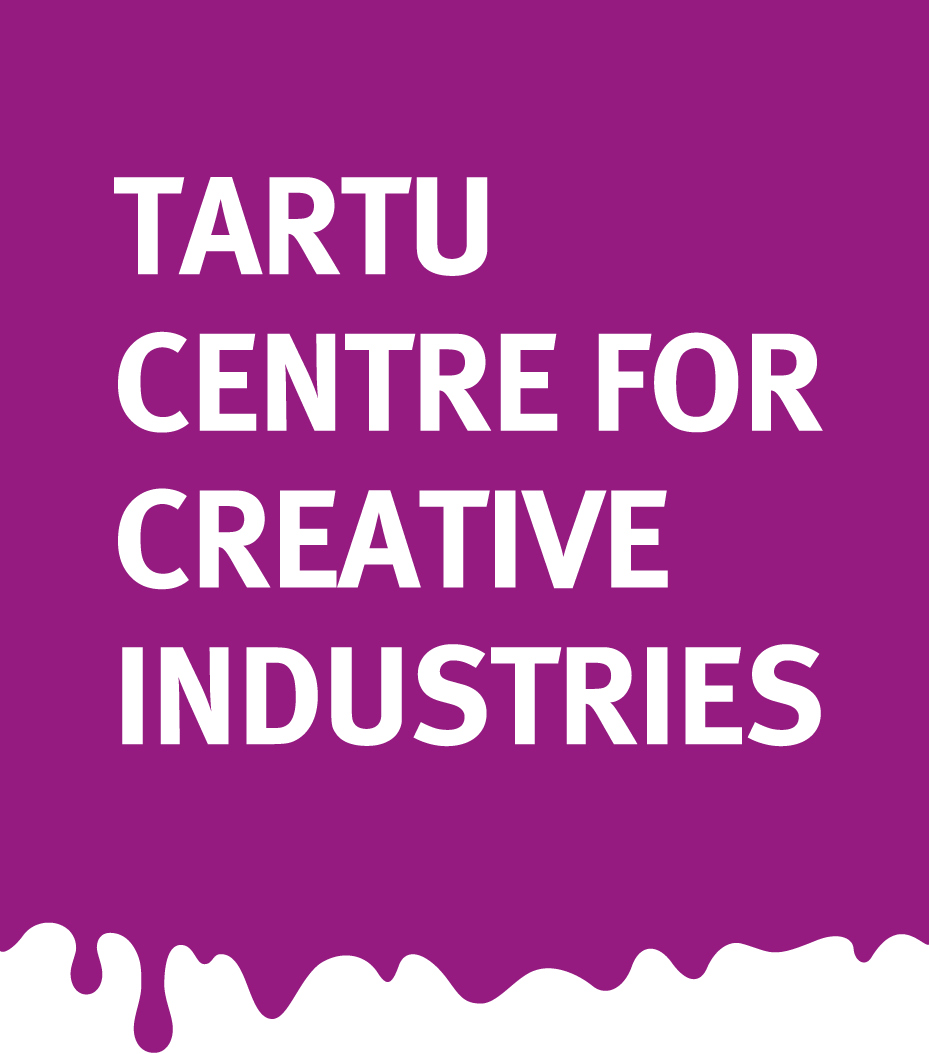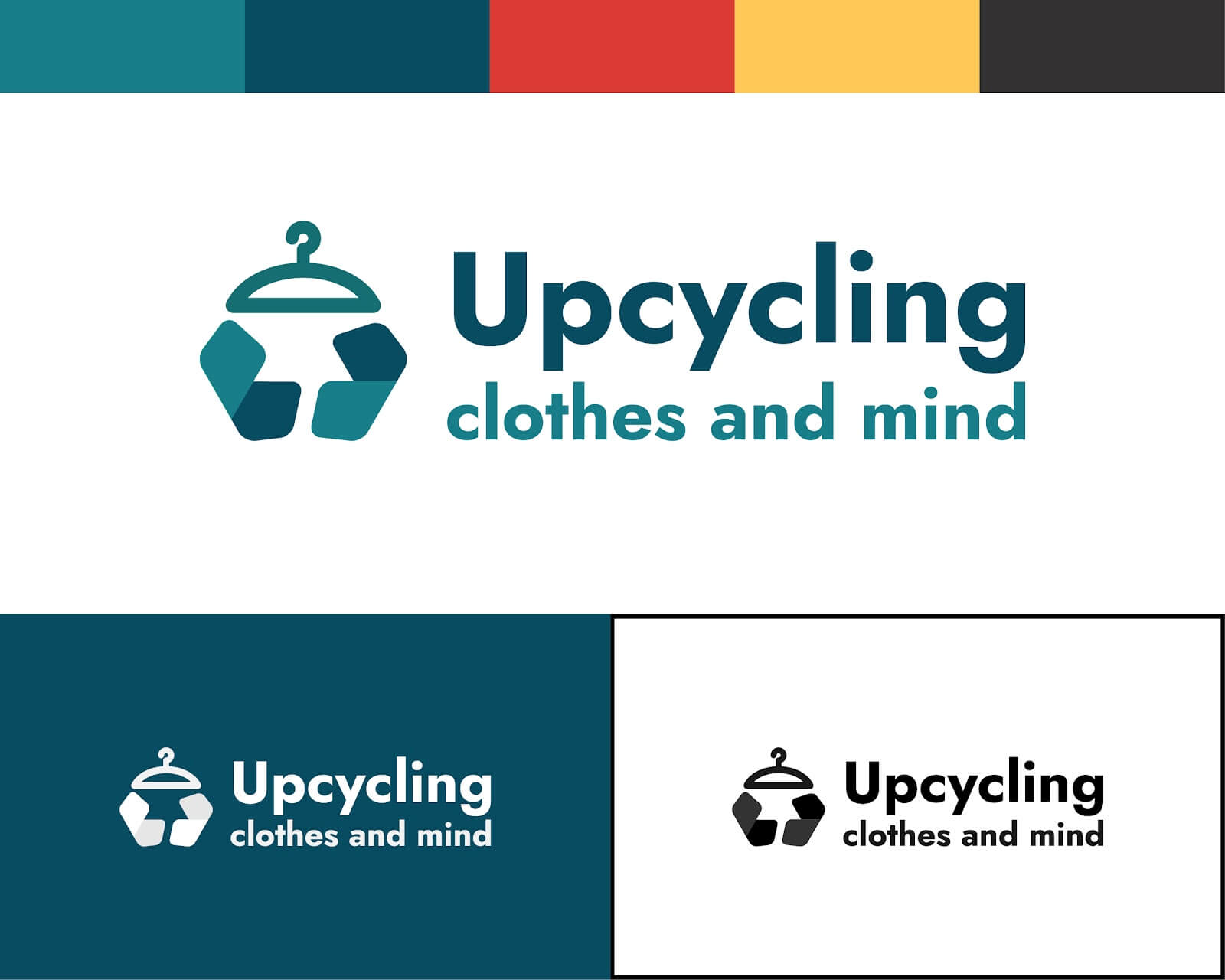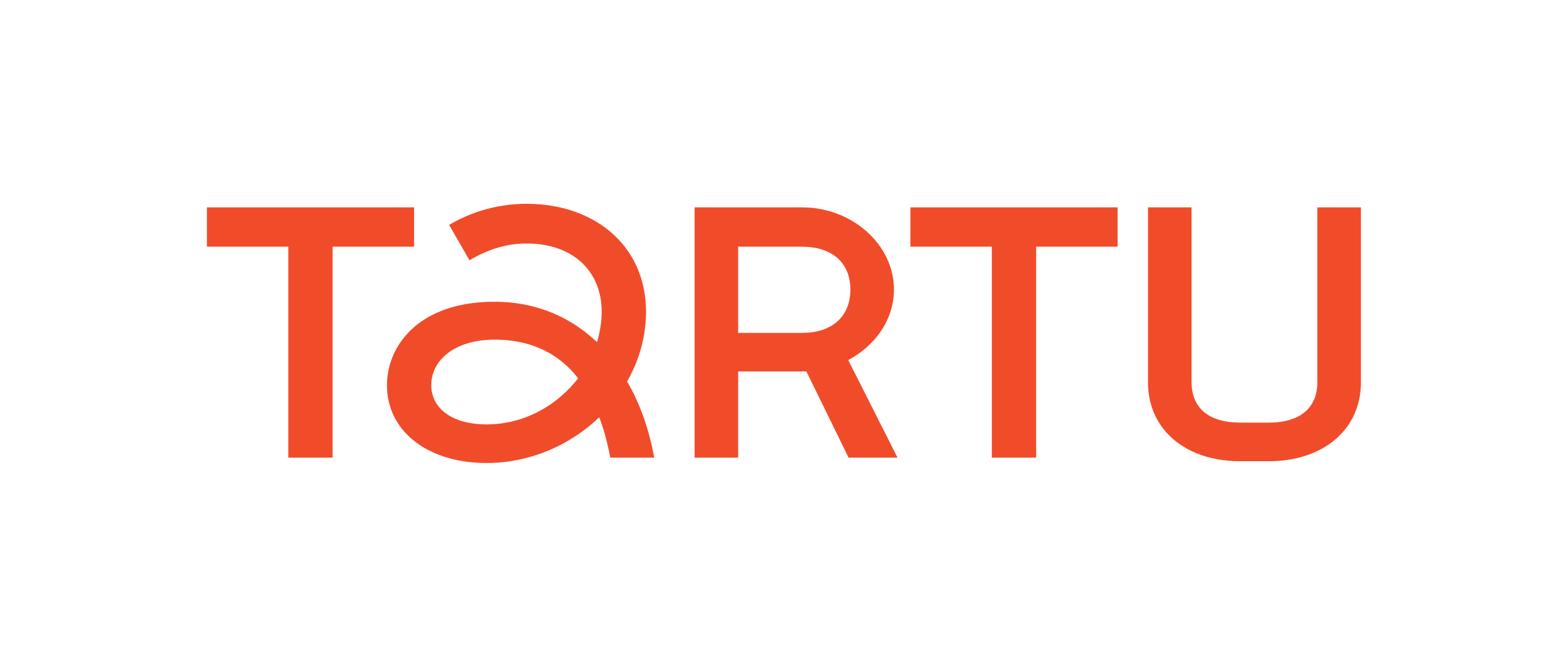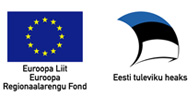Programme: Erasmus+
Partners:
Lead partner: HochVier - Gesellschaft für politische und interkulturelle Bildung e.V, Germany
Partners:
- uniT GmbH, Austria
- EcoLogic, The Republic of North Macedonia
- AMARELARTE, Portugal
- Tartu Loomemajanduskeskus, Estonia
Project period: 01.03.2022-30.07.2024
Project budget: 222 095,00 eur
Budget for Tartu Centre for Creative Industries: 29 976,00 eur
Project summary
The project develops innovative learning strategies that help people understand the impact of their own consumption behaviour on the environment. It increases their knowledge about the interconnection between clothing production and environmental impact and thus initiates a behaviour change. The knowledge about fabric production, green approaches in production, about new design from old clothes, about mediation work in social media, etc. can become an impulse not only to change one's private actions but also - especially for the young artists involved - to think about new professional perspectives and to take new paths. Through the project, adult educators and involved artists can deepen their skills in training, working in innovative formats of environmental education, creating exciting learning environments. The project develops learning materials that help adult educators and artists to design appropriate workshops and learning processes. In addition, they will learn to use social media to explore innovative ways of dissemination, guerrilla marketing and campaigning with the help of their workshop participants and to reach predominantly young adults with environmental issues in connection with the fashion world.
Project outcomes:
- An online brochure on good case-studies and examples of upcycling in clothing industry and practical instructions for upcycling
- Trainings and peer to peer learning events on increasing awareness on sustainable and green issues of fashion design and fashion industry
- A peer-to-peer learning guide for leading events on the topic of sustainable choices in fashion and garment industry
The European Commission's support for the production of this publication does not constitute an endorsement of the contents, which reflect the views only of the authors, and the Commission cannot be held responsible for any use which may be made of the information contained therein.
|




